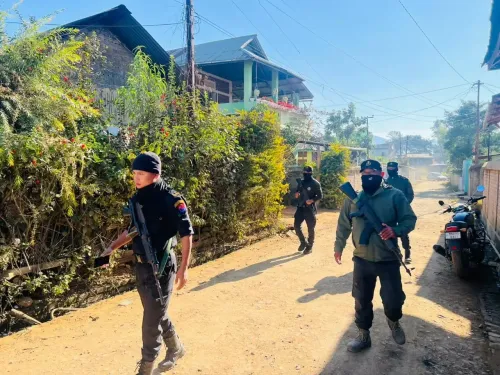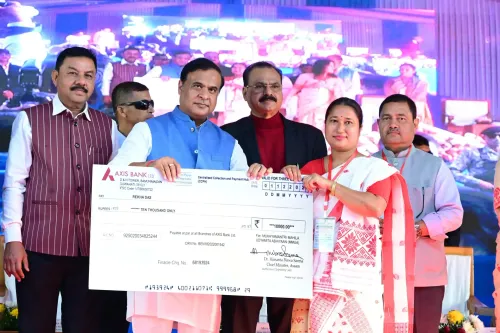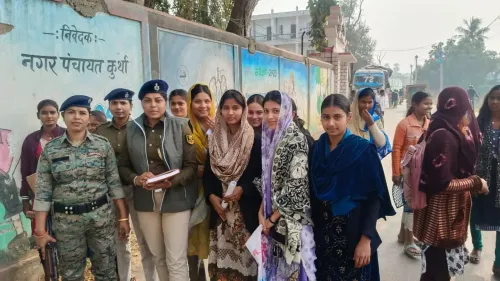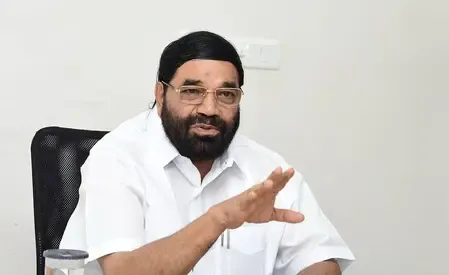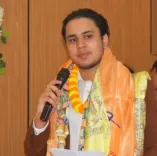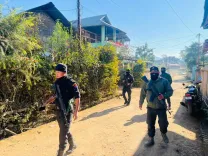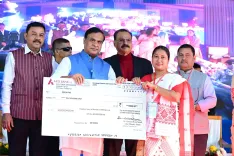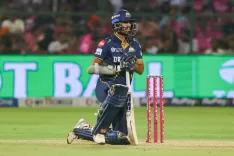Community Weddings Foster Societal Harmony: Gujarat CM
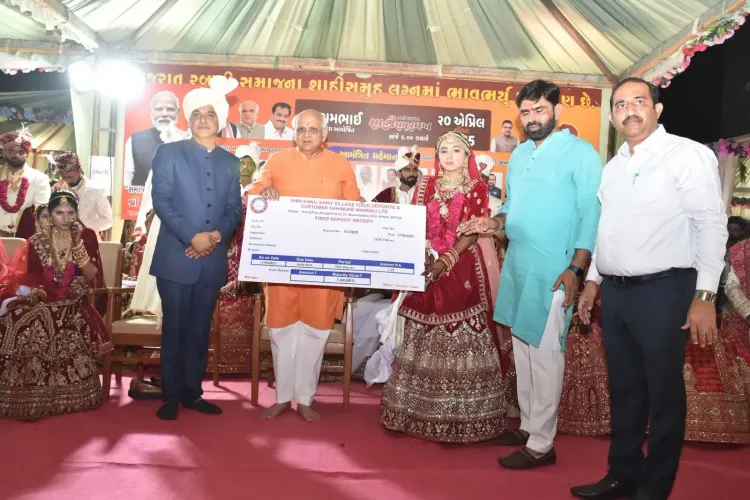
Synopsis
Key Takeaways
- Community weddings enhance unity in society.
- Financial relief is provided to families through mass weddings.
- The Rabari community is significant in Gujarat.
- Mass weddings foster social cohesion.
- Rabaris play a vital role in local politics.
Ahmedabad, April 20 (NationPress) The Chief Minister of Gujarat, Bhupendra Patel, stated on Sunday that community weddings serve to enhance unity within society.
“Community weddings enhance unity within society. These ceremonies also offer financial relief to families,” the Chief Minister remarked while participating in a mass wedding event arranged by the Rabari community in Ahmedabad.
During the ceremony, the Chief Minister extended gifts to the brides as part of the ‘Kanyadaan’ (a traditional ritual involving gifting the bride).
The mass wedding, which was hosted by the family of Jayrambhai Motibhai Desai from the Surpura Rabari community, witnessed 16 couples exchanging vows.
The event attracted notable attendees including Mahant Jayramgiri Bapu from Valinath Dham, Ahmedabad Mayor Pratibhaben Jain, Rajya Sabha MP Babubhai Desai, MP Mayank Nayak, and several MLAs such as Harshad Patel and Jitubhai Patel. Deputy Mayor Jatin Patel and Chairman of the Standing Committee Devang Dani were also present.
A large number of saints, community leaders, and members of the Rabari community joined the ceremony.
The Rabari community is a significant pastoral and nomadic group primarily found in Gujarat, with notable populations in districts such as Kutch, Banaskantha, Patan, Mehsana, and parts of Saurashtra.
Traditionally recognized as cattle herders and camel breeders, the Rabaris maintain a profound cultural and spiritual connection with the land and livestock economy.
While precise population estimates vary, it is believed that the Rabari community in Gujarat numbers in the Lakhs, establishing them as a significant social group, particularly in rural settings.
They fall under the Other Backward Classes (OBC) category in Gujarat, allowing them to benefit from affirmative action in education and employment.
Being socially active and cohesive, the community frequently organizes mass weddings, spiritual gatherings, and cultural events to nurture unity and support among its members.
Their traditional councils, known as panchs, continue to function in an advisory capacity for resolving internal issues and upholding community traditions.
Politically, the Rabaris wield influence in certain areas, particularly in North Gujarat, where their population density is higher.


